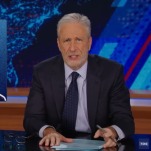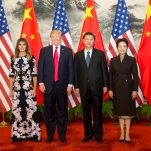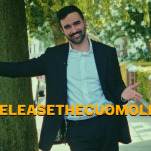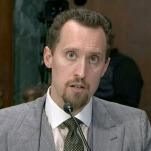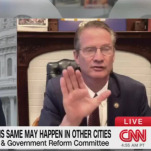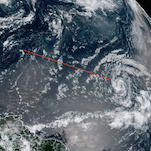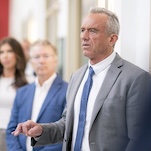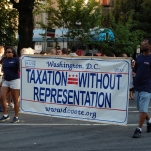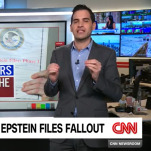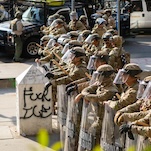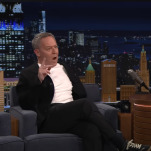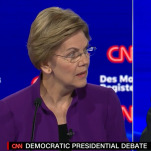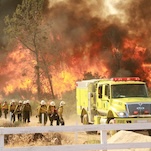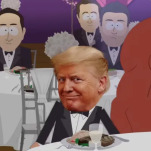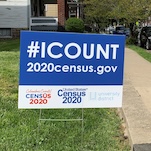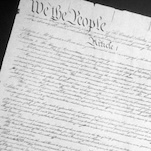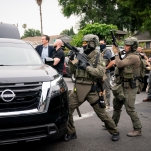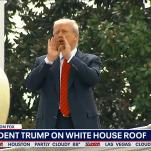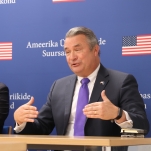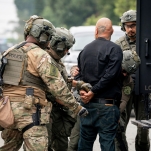Bill O'Reilly on white privilege: 'I want black culture to examine itself'
“I think that he has to be tougher and send a message,” O’Reilly said. “We told him months ago that ISIS was becoming problem and he didn’t take it seriously and he didn’t formulate a strategy.”
The White House is now set to expand its ISIS bombing targets, and the president will address the nation tomorrow on the new policy. O’Reilly said he’s been on the ISIS horse since early June when the capture of Mosul received widespread media coverage. His ISIS stance aligns with the conservative populism he’s been pegged to before.
An ABC News / Washington Post poll shows a dramatic decline in the president’s support, including a career low of 38 percent support on foreign policy and a majority saying he’s been too cautious in his ISIS response. In June, 45 percent of Americans favored air strikes against ISIS in Iraq. Now, 71 percent do, and 65 percent support striking ISIS in Syria as well. The president will be eyeing the midterm election and his political demands alongside his hopes to avoid another Iraq war.
Of course, O’Reilly famously supported the push for war in Iraq, only to apologize in 2004 and say he was wrong to believe the Bush administration’s reports of weapons of mass destruction. O’Reilly told Ramos that he’s given Bush and Obama equal treatment, reiterating the “mistake” he made on Iraq.
“I didn’t let him get away with it in the sense that I made it quite clear that he and his administration weren’t effectively waging war in Iraq,” O’Reilly said of his interviews with Bush that were criticized for being soft. Just as he claims to have no political bias, O’Reilly said that no political leader escapes his scrutiny.“I’m hard on them all. VP Cheney did not want to come on the program while he was in office. Bush came on three times and I gave him the hardest questions I could give him. We are now in a position where 70 percent of the American people think that the country is going in the wrong direction,” O’Reilly said, affirming his attention to poll numbers. “So you’re telling me that I shouldn’t be hard on the Chief Executive?”
O’Reilly also said that 9/11 helped insulate President Bush from stronger criticism.
“If under President Bush 70 percent of the public thought we were going in the wrong direction, I certainly would’ve,” O’Reilly said. “It wasn’t the same situation because of 9/11.”
-

-

-

-

-

-

-

-

-

-

-

-

-

-

-

-

-

-

-

-

-

-

-

-

-

-

-

-

-

-

-

-

-

-

-

-

-

-

-

-

-

-

-

-

-

-

-

-

-

-

-

-

-

-

-

-

-

-

-

-

-

-

-

-

-

-

-

-

-

-

-

-

-

-

-

-

-

-

-

-

-

-

-

-

-

-

-

-

-

-

-

-

-

-

-

-

-

-

-

-

-

-

-

-

-

-

-

-














































































